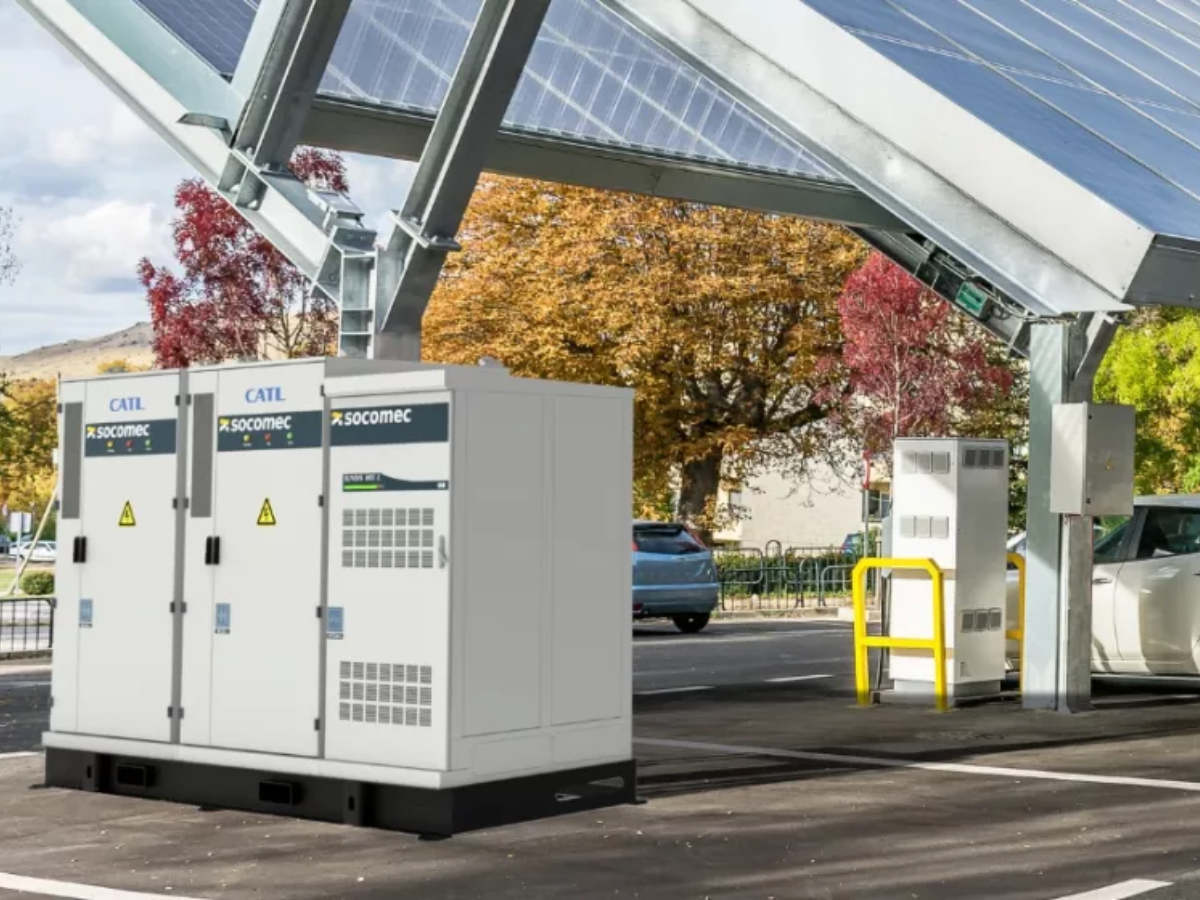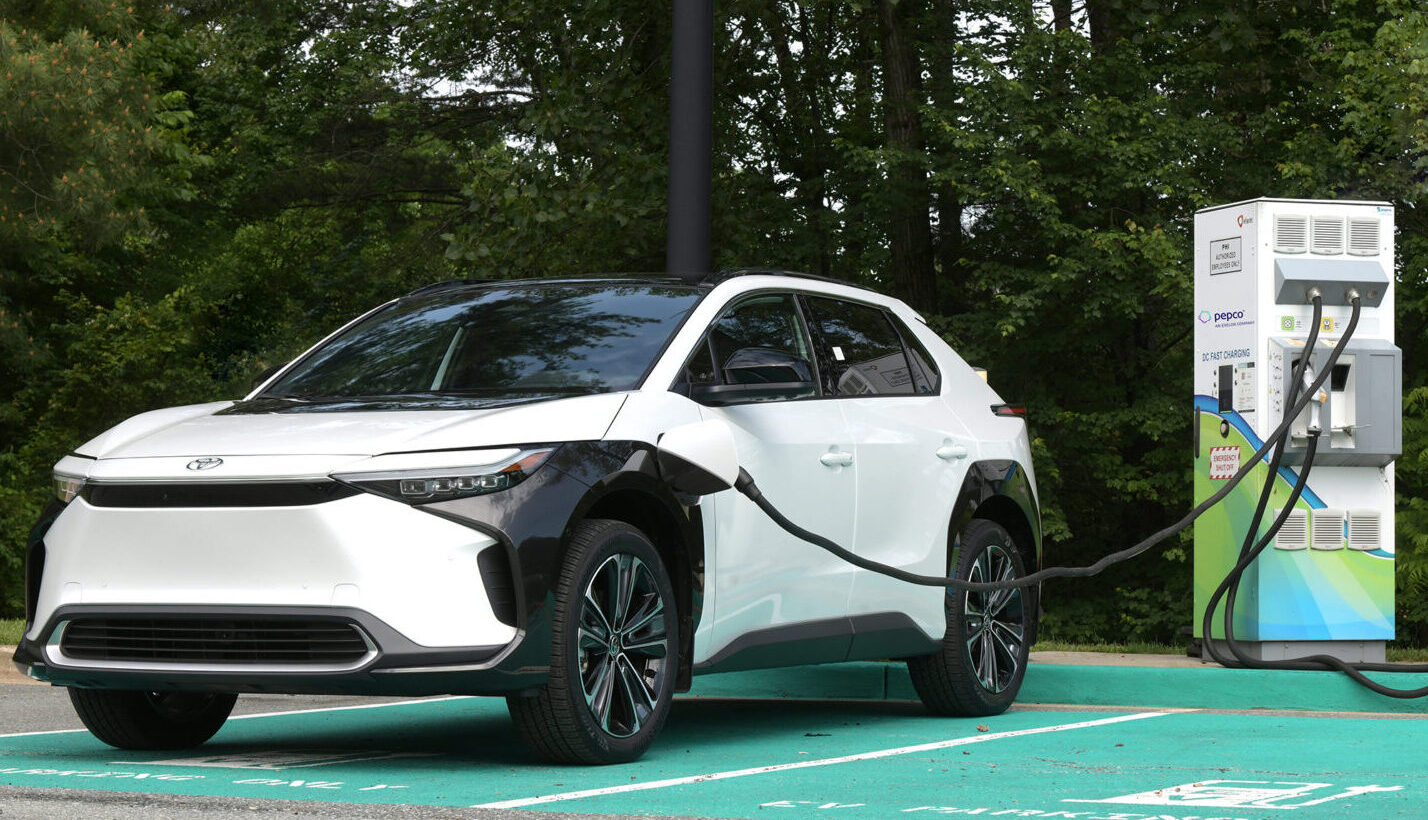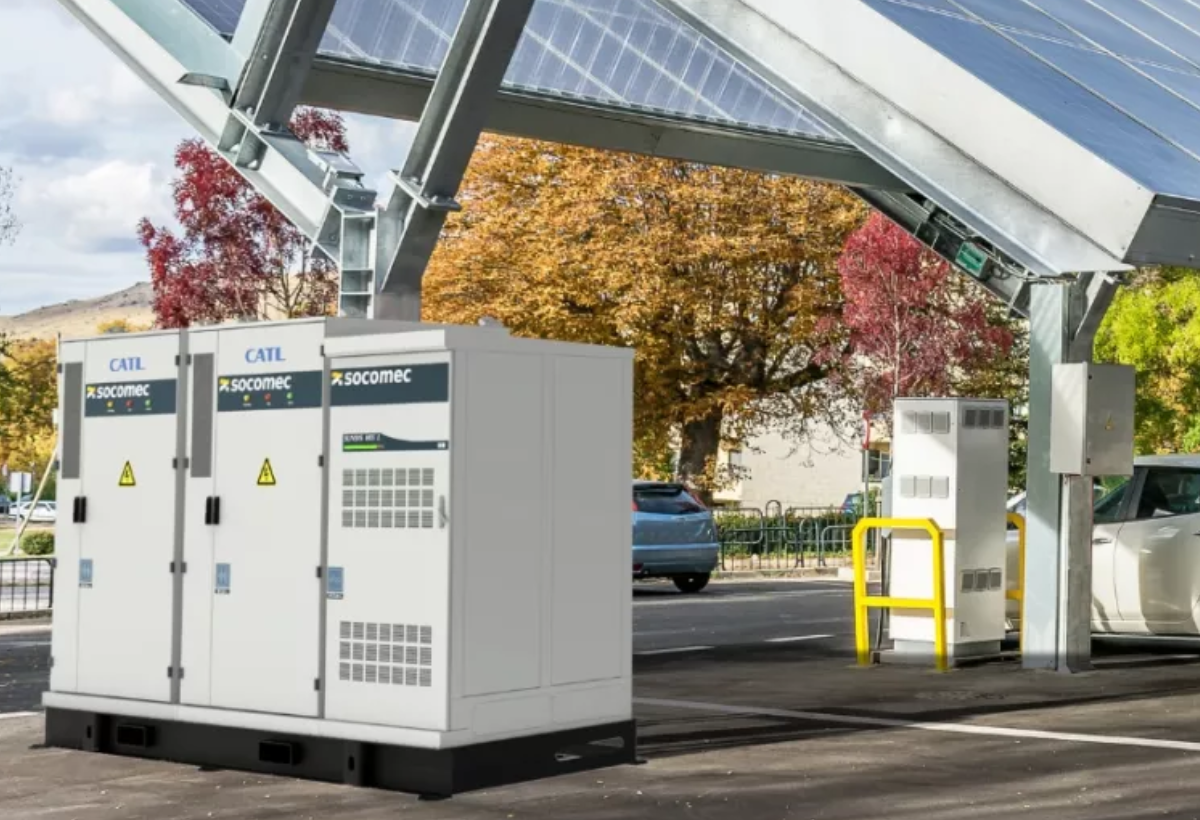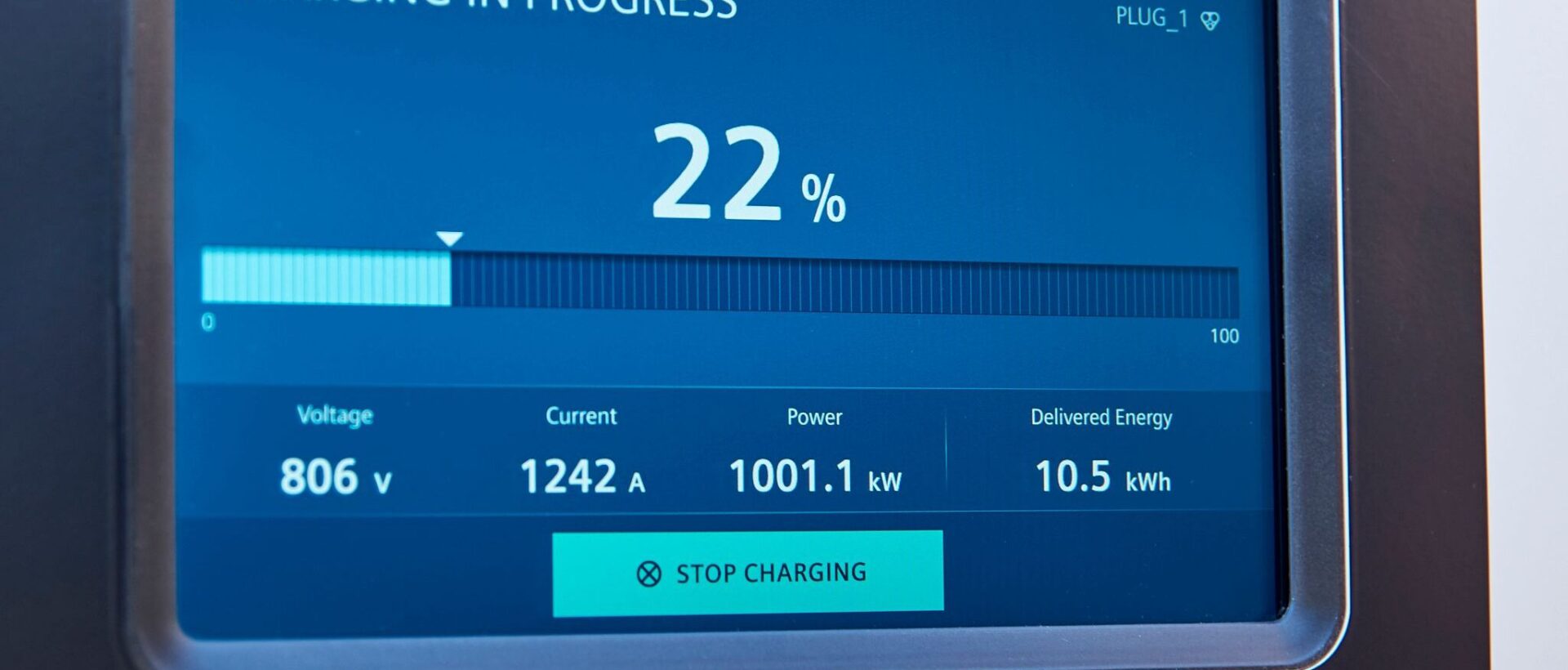How Can We Ensure an Affordable and Timely Rollout of EV Charging in the UK?
The old ‘range anxiety’ around electric vehicle batteries lasting the distance is rapidly giving way to a new fear around the lack of any charging infrastructure in many roadside locations in the UK.
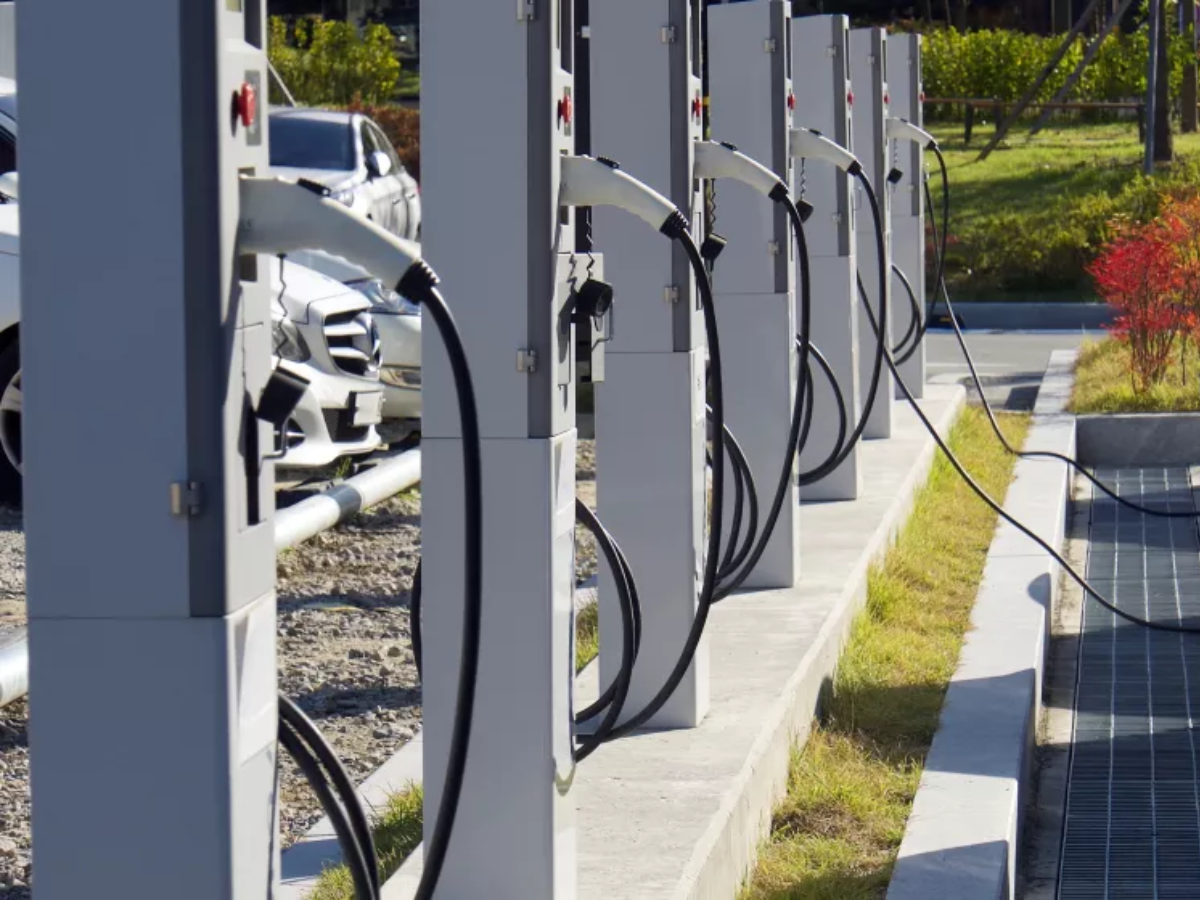
EV production is surging, yet the Society for Motor Manufacturers and Traders (SMMT) recently warned that charging infrastructure is failing to keep up due to a lack of fair, affordable and timely grid interconnections. Despite government targets, most local authorities do not even have a strategy for rolling out EV charging, while less than half of motorway service stations have the required number of ultra-fast chargers.
Why Ev Charging Is Over-Reliant on the Grid
The central challenge is that the rollout of EV charging is over-reliant on the National Grid because of a failure to seek more diverse EV power sources. Charge points are facing grid bottlenecks at both ends with a backlog of planned charge points caught in interconnection queues, and capacity constraints on distribution grids further impeding the rollout. The bureaucratic hurdles are so high that one company alone has over 600 charge points awaiting permission to connect to the grid. Charge points are also being locked out by grid capacity constraints due to the administrative burden and cost of upgrading distribution networks for EV charging. There is also a significant challenge around providing adequate power with the National Grid estimating that EVs will require an extra 120 TWh of new renewable energy production.
Capacity constraints mean that charging may have to be curtailed as EVs jostle for space with millions of other electrical appliances such as heat pumps plugged into the grid. Charging slowdowns or restrictions could reduce profitability for charge point operators and disrupt travel during busy periods such as summer. Charge point operators also face being hit with higher tariffs during peak periods as well as fluctuating energy costs or rises in transmission and distribution charges. Cumulatively, the National Grid is in danger of becoming a significant roadblock on the UK’s journey towards zero-emissions transport.
Recharging the Rollout of EVs
Some pioneering charge point operators are now avoiding the costs and delays associated with grid connections by combining local renewable energy production with battery storage systems. For example, we recently rolled out an integrated battery energy storage and network management system to help a logistics company electrify its fleet of trucks without reinforcing its depot’s grid connection. The system uses sophisticated software to adjust storage and charging speeds based on demand, helping provide extra power during peak periods without costly, complex grid upgrades or higher tariffs to draw more power from the grid.The energy storage and network capacity assessment system has enabled the company to introduce 15 fully electric heavy trucks using 10 times as much power as a typical home and can now charge up to 170 vehicles while flattening out peaks in demand. Similar systems could help many service stations and other sites roll out fast charging without waiting for grid upgrades or even interconnections, while also helping their customers avoid costly tariffs or curtailments during peak periods.

In future, similar smart storage systems could even regulate fluctuations in frequencies and voltage to ensure fast charging does not exceed safe grid capacity limits, or affect power quality or stability in local networks. These technologies have benefits at both ends, enabling charge point operators to avoid the costs and delays associated with reliance on the grid and alleviating congestion on the National Grid itself.
Modular battery storage systems can now be built offsite and easily assembled onsite to accelerate the rollout of rapid charging without new connections or costly grid upgrades. Individual modules can be seamlessly swapped for new components, enabling operators to perform maintenance.
Crucially, combining storage with data analytics can help companies strategically store and use energy to smooth out peaks in demand on the grid, and avoid potential curtailments or higher tariffs during busy periods. Some batteries can even be put on skids and moved between sites to rapidly roll out EV charging while awaiting grid connections, or to provide affordable charging facilities at seasonal locations, for example some tourist hotspots may require more charging facilities during busy summer months rather than in winter.

Decentralising Power for EVs
Combining smart storage systems with local renewable generation could reduce the burden on the national grid, and create more affordable, stable, and secure power for EVs. Decentralising power generation and storage would accelerate the nationwide rollout of EVs by freeing charge point operators from cumbersome permitting processes and capacity constraints. This would enable service stations and other sites to avoid heavy tariffs during peak periods and offer customers competitive prices for charging. The key to ensuring a fair, timely rollout of charging infrastructure is to move away from sole dependence on the National Grid towards a diverse range of local power sources.
This article was originally published by Socomec UK.







